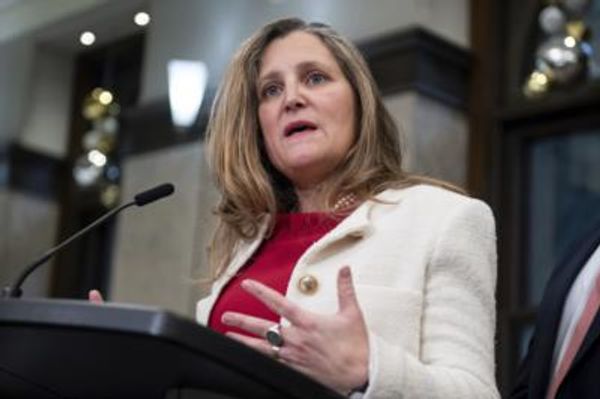Topline
The Centers for Disease Control and Prevention will not update its definition of “fully vaccinated” to include booster shots, but will instead only consider Americans “up to date” with their Covid-19 vaccinations if they’ve gotten the booster when eligible, its director said Friday—raising new questions about whether vaccine mandates will be updated to require the third shot.

Key Facts
The CDC is “pivoting [its] language” away from saying that people are “fully vaccinated” to instead describe them as being “up to date” with their shots, Dr. Rochelle Walensky said at a press briefing Friday.
The CDC will ask Americans to be “as up to date with their Covid-19 vaccines as they personally could be” based on when their last shot was.
That means people who have just received their second vaccine shot are “up to date” since they’re not yet eligible for a booster shot, while someone who got their second shot more than five months ago but hasn’t gotten a booster yet would not be.
The CDC already uses the term “up to date” when it comes to other vaccines, Walensky noted—for instance, people are only up to date on their flu shots when they’ve received one for the current year.
Big Number
53.2%. That’s the percentage of Americans who are eligible for a booster shot but have not yet received one, according to the CDC. Only 39.3% of fully vaccinated Americans have so far received a booster shot, though that includes people who aren’t yet eligible such as children under 12 and those who got their second shot too recently.
What To Watch For
What implications the CDC’s new guidance will actually have. Vaccine mandates across the country require people to be “fully vaccinated” for workplaces and to get into public spaces like restaurants, theaters and large events. While some schools and businesses have already updated their mandates to require a booster shot, many are still going by the CDC’s definition of “fully vaccinated” and only asking for two shots. It now remains to be seen whether places will continue with the “fully vaccinated” criteria or now ask people to be “up to date” with their shots and require those eligible to get boosted.
Key Background
The debate over whether boosters should be necessary to be “fully vaccinated” has intensified in light of surging Covid-19 cases linked to the omicron variant. Evidence suggests two shots of the vaccine are largely insufficient at preventing omicron infections, but the booster appears to provide substantially more protection, though breakthrough infections are still possible. (The vaccines remain effective at preventing severe illness and death, despite their diminished effectiveness against infection.) Walensky and Dr. Anthony Fauci had said over the past several months the CDC was considering updating its definition of “fully vaccinated” as boosters became available, with Fauci saying in mid-December that redefining the term “certainly is on the table and open for discussion.” Federal officials appeared to back off the prospect of a definition change in January, however, as Walensky and White House Covid-19 coordinator Jeff Zients said the definition was “not changing” even as they recommended people get a booster shot.
Further Reading
Booster Still Not Required To Be ‘Fully Vaccinated,’ CDC Says (Forbes)
What You Need To Know About How Well Vaccines Protect You Against Omicron (Forbes)







